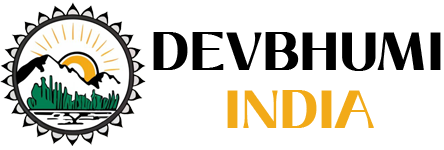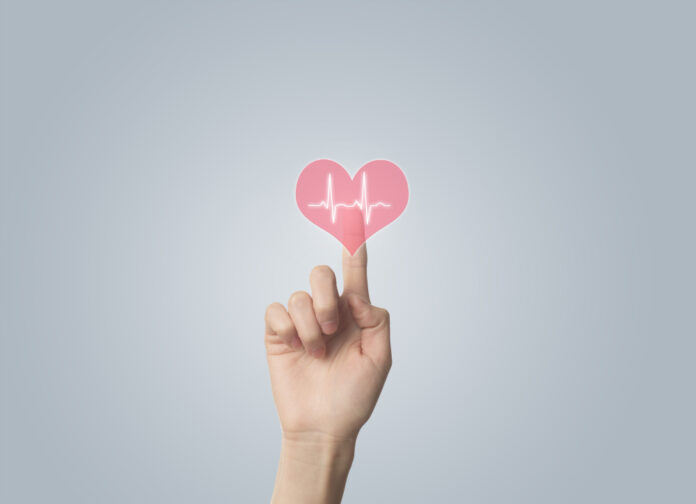With the coronavirus pandemic taking its toll on governments and healthcare systems, opioid addiction has been pushed down in the priority list. However, if there is one thing the pandemic has taught, it is to take care of everyone’s health and boost the immune system. This includes fighting against opioid addiction and increasing patient safety.
In order to accomplish these goals, governments, as well as private healthcare providers, need to shift to blockchain technology, an innovative way of recording data that preserves integrity, provides transparency and security, and allows for monetization through data ownership. At present, medical records exist in data silos, where various institutions own and control patient data. It is hard to get consolidated medical data that can be used for different important purposes, such as gauging the spread of a disease and battling various kinds of drug addiction.
Healthcare on blockchain can also create a public global healthcare database that is accessible to everyone and updated in real time. With this, governments need not waste time releasing updated information to the public. Not only that, but it can become a treasure trove for medical research and development. EHR Data is doing just this by developing “a single source of truth for healthcare data on a public blockchain” that allows for data to go in and out of the platform, as well as workflow services to healthcare providers, to combat the opioid crisis.
“We’re taking all the healthcare data silos that exist in the U.S., and we’re combining that into a single silo. In doing that, we are able to track all medical services across all those different industries. So as an example, when a patient goes to a pharmacy and fills a prescription for an opioid drug, we capture that using what we call a GPR, a global patient record, and that gets stored in a secure and encrypted format. And we also write the hash of that data the public blockchain, and also to an archival node so data can never be destroyed or tampered with,” EHR Data Chief Scientist Ron Austring said at a panel discussion of healthcare on blockchain during Sir Anthony Ritossa’s13th Global Family Office Investment Summit in Dubai, where Bitcoin Association, a Switzerland-based organization pushing for blockchain development, took centre stage.
With this kind of system in place, patients, pharmacies and healthcare providers can keep track of an individual’s opioid drug intake. The platform also educates patients about the effects of opioid drug abuse, as well as warns them about its interaction with other medications. More features are being developed, like a sort of medical calculator that lets patients know if they can metabolize a certain drug.
“As a person moves throughout the world or may have healthcare data or services performed somewhere else in the world, I can actually have a prescription filled in the United States or Canada, and I could go to Great Britain and go to a pharmacy there and when they fill that prescription, that new prescription is going to be checked against my drug profile. So if that drug happens to interact with the drug in the States, the patient or the pharmacist will get a warning for that,” Austring explained.
There is nothing more noble that saving a life, and with the use of proper technology, such as healthcare on blockchain, millions of lives can be saved both at present and in the future. It is crucial for the world to fight against drug addiction and advocate for patient safety, especially during this time of pandemic.


